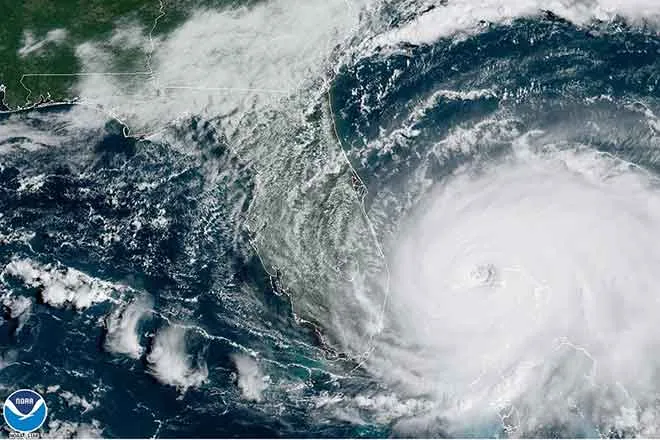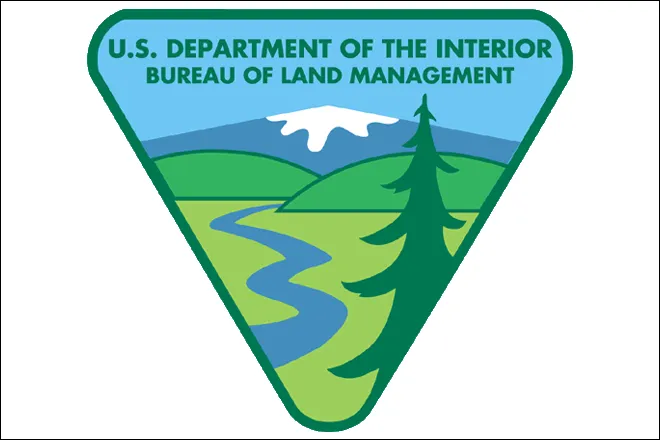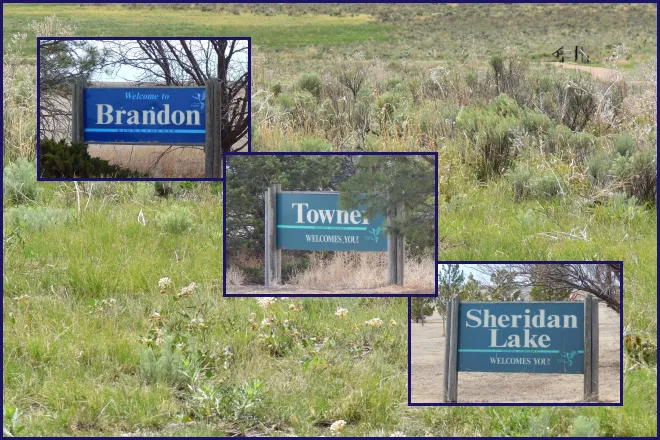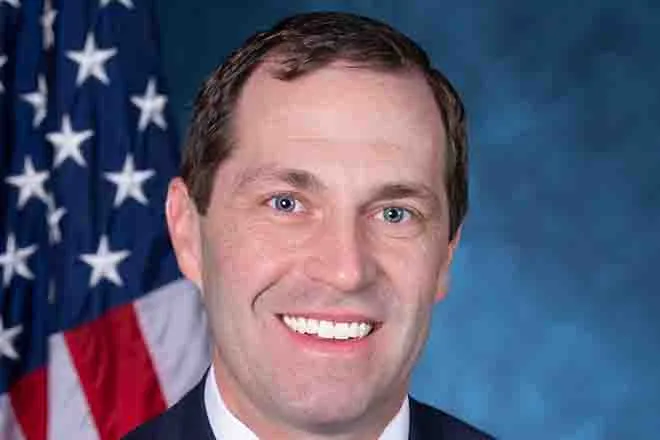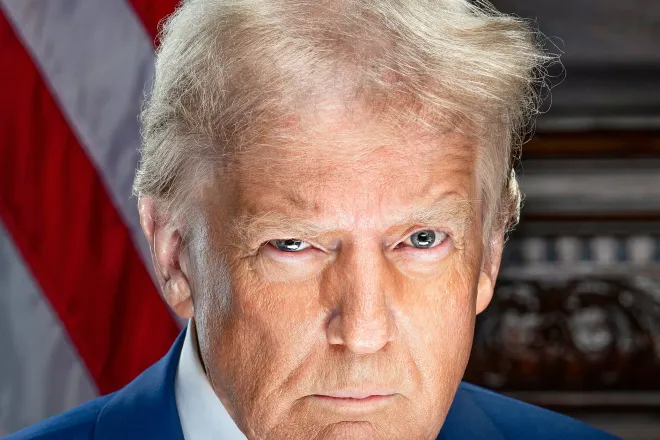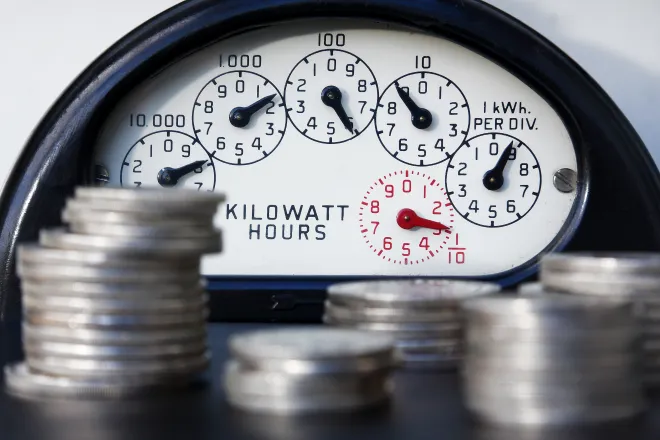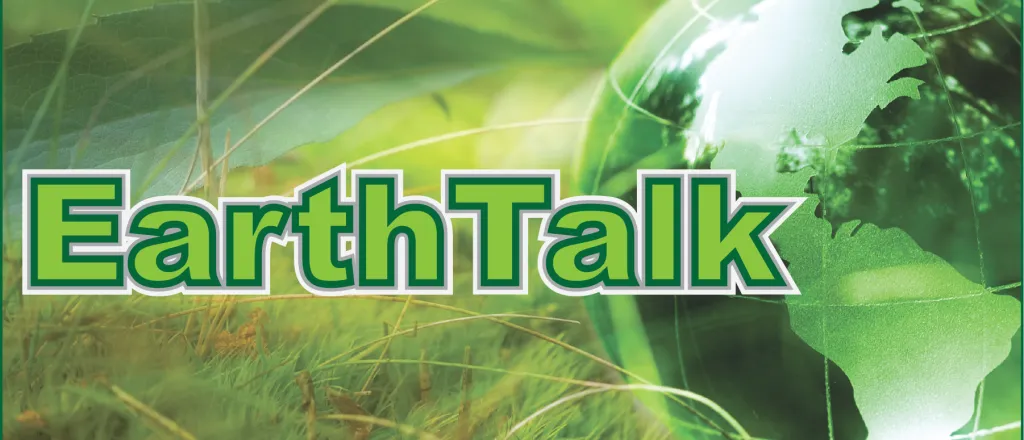
EarthTalk - How big a role has corruption played in slowing the global fight to combat climate change?
©
Dear EarthTalk:
How big a role has corruption played in slowing the global fight to combat climate change, and what’s being done to increase transparency?
Horace Wilson, Miami, FL
Climate change is a pressing problem worldwide, and yet corruption continues to obstruct significant progress. Corruption is defined as the abuse of entrusted power for private gain. Powerful industries, and the people they fund, often spread misinformation and lobby at meetings with world leaders to obstruct policy decisions. Governmental bribery and fraud lead to the misuse of money meant for climate protection. All these forms of corruption cost billions of dollars and potentially thousands of lives.

© flickrcc - Jonathan Cutrer
Some of the largest backers of climate corruption are large fossil fuel companies. A study by Transparency International (TI) in January 2024 found that seven major Big Oil companies had a total lobbying budget of 64 million Euros, and attended more than 1,000 meetings with the European Commission, mostly concerned with Green Deal policies. Big Oil networks hold power by hiring former government officials and funding large events and research institutions. Lobbying and bribery lead to weak environmental policies, and corruption feeds the illegal trade of animals and other wildlife crimes.
Climate change and fraud have a reciprocal relationship. Studies show that climate-induced disasters can lead to greater corruption. After a natural disaster, a country will often receive money and other resources, which officials could deliberately misuse. Exacerbated by the quick response that disaster relief requires, less thorough oversight over funds can result in wasted money, worsening the effects on communities.
TI’s Corruption Perception Index (2024) and the ND-GAIN measurement of climate readiness were analyzed together and showed a correlation, where countries with worse corruption had worse climate readiness, especially pronounced in developing areas such as East Asia, South Asia, Latin America and the Caribbean. In these countries, environmental defenders also face a higher risk of being murdered.
The interplay of corruption and climate change can seem overwhelming, but there are groups and people fighting for protection. As Drs. Gvantsa Gverdtsiteli and Roberto Kukutschka stated for TI, “Making sure that as many impacted people as possible are involved in climate projects and weeding out undue influence is key to their success.” The National Whistleblower Center protects and rewards whistleblowers who expose corruption via legal assistance, policy promotion and public education. For those who need help against corruption, the Targeting Natural Resource Corruption Consortium provides resources. TI’s work includes a Climate and Corruption Atlas, which tracks and analyzes corruption cases across the world. On the local level, groups should seek to engage communities in disaster relief to better tailor the funding solutions, as well as increase public availability of both climate and financial data.
CONTACTS
- National Whistleblower Center, https://www.whistleblowers.org/.
EarthTalk® is produced by Roddy Scheer & Doug Moss for the 501(c)3 nonprofit EarthTalk. See more athttps://emagazine.com. To donate, visit https://earthtalk.org. Send questions to: question@earthtalk.org.


